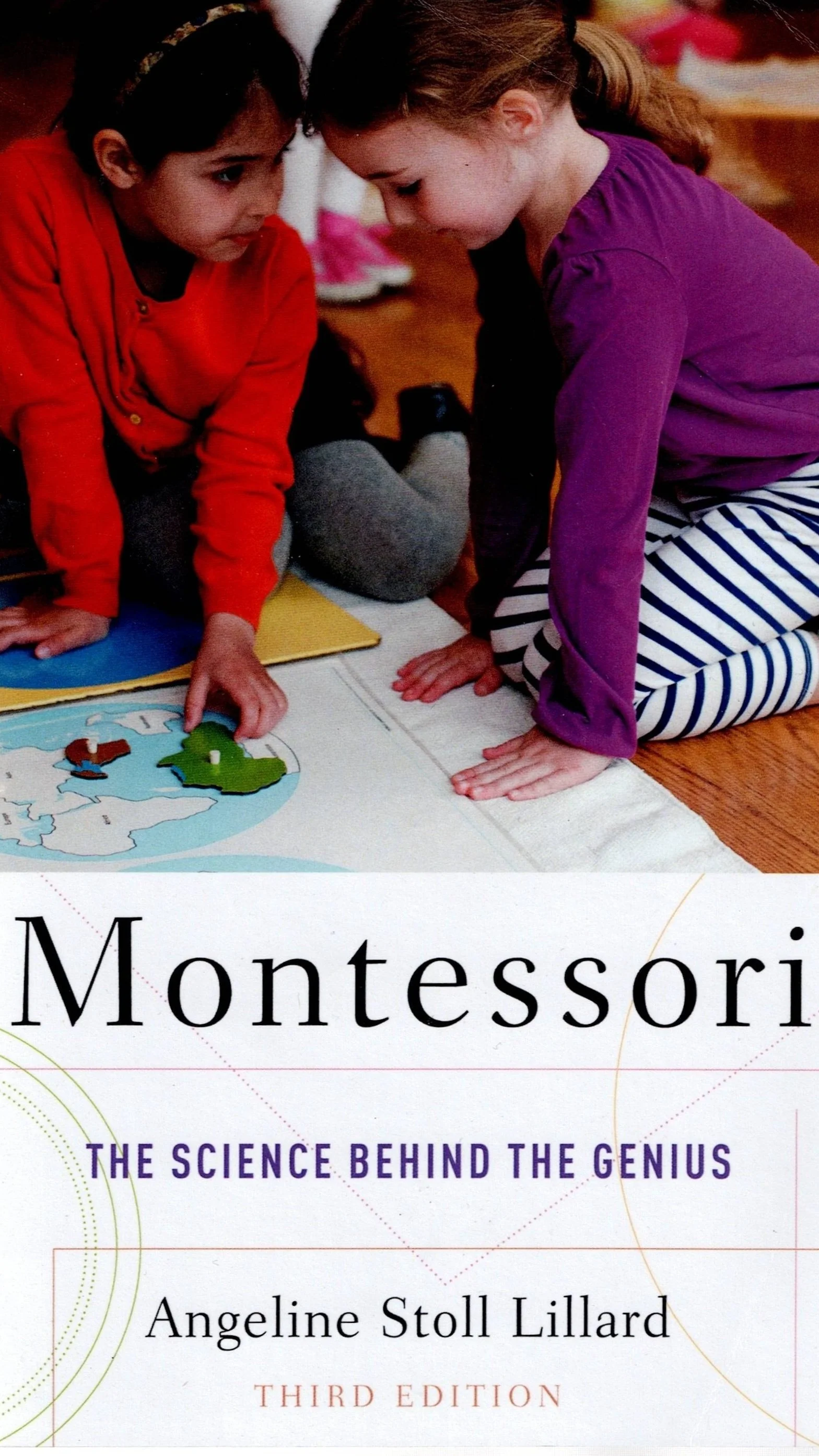Recommended Reading
-
![Thirty Million Words, Building A Child's Brain]()
This book emphasises the critical role of early language exposure in child development. Based on extensive research, it reveals that babies are not born smart, they are built smart. Both language quality AND quantity are critically important in building their brain architecture. Dr Suskind is a Professor of surgery of pediatric cochlear implants. She offers strategies for parents to enhance a child's language environment through interactive dialogue highlighting everyday moments as valuable learning opportunities.
-
![Book cover titled 'What's Going on in There?' by Lise Eliot, featuring a smiling baby and text about brain development in the first five years.]()
I love this book. It’s an absolute cracker in terms of examining and explaining brain development in infants and toddlers, blending scientific research with accessible insights. Dr Eliot highlights the first years’ critical significance for cognitive, emotional, and social growth, breaking down complex processes so readers understand how babies learn through interactions with their environment.
-
![Montessori, The Science Behind the Genius]()
This book is jam packed full of riveting information, exploring the principles and philosophies that underpin Montessori education. Drawing from contemporary research in psychology and neuroscience, Dr Lillard, a professor of psychology and early development expert demonstrates how Montessori methods align with knowledge on child development and illustrates the scientific rationale behind the Montessori approach and how children learn.
-
![How To Talk So Kids Will Listen and Listen So Kids Will Talk]()
"How to Talk So Kids Will Listen & Listen So Kids Will Talk" by Adele Faber and Elaine Mazlish offers effective ways to positively communicate with children, focusing on their feelings and needs. Key ideas include acknowledging feelings, encouraging independence, providing choices, positive - not prohibitive language as well as active listening and reflective language.
-
![No - Drama Discipline]()
"No - Drama Discipline" by Daniel J. Siegel and Tina Payne Bryson offers a compassionate approach to child discipline that prioritises understanding and connection over punitive measures. The authors emphasise the importance of nurturing the emotional and neurological development of children. They advocate for strategies that strengthen self-regulation and problem-solving skills while maintaining a strong parent-child relationship. This method encourages parents to engage in open communication, validate emotions, and explore appropriate consequences without resorting to shaming or punitive actions.
-
![The Montessori Toddler]()
"The Montessori Toddler" by Simone Davies offers a helpful and user-friendly guide for parents navigating the early years of their child's development. This book underscores the principles of Montessori education, advocating for a nurturing environment that supports independence and confidence in toddlers. She emphasises the importance of following a child's natural interests and recognising their sensitive periods, particularly in language acquisition, movement, and social development. With practical tips and relatable anecdotes, the author encourages parents to create a home that supports their child's innate curiosity and desire to learn.






